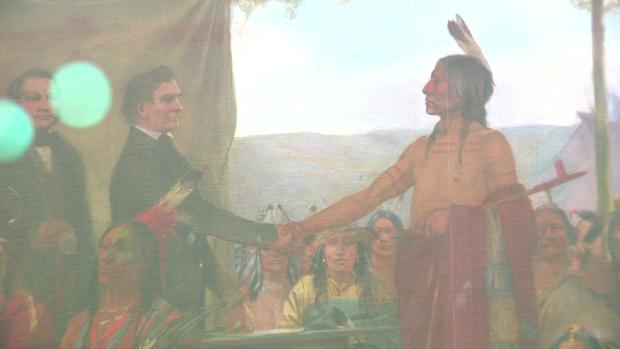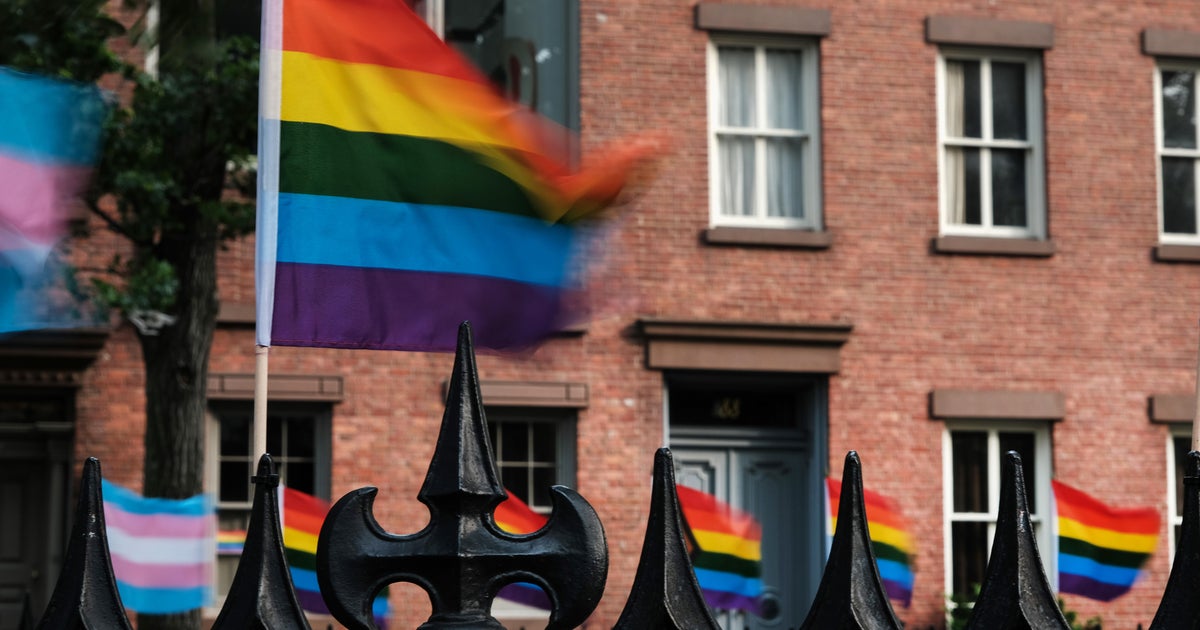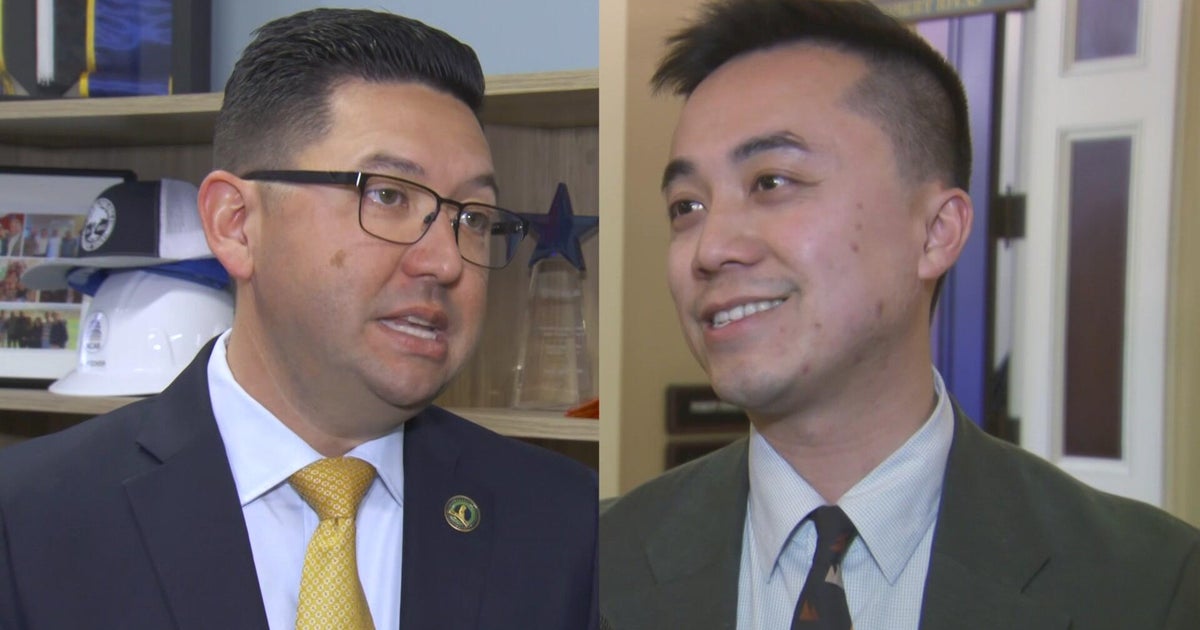Why do treaties matter?
ST. PAUL, Minn. -- Documents signed more than a century ago shaped Minnesota as we know it, and changed the lives of those who first called this land home.
People might not realize that reminder is on display, every day, at the State Capitol.
Why do treaties matter? Good Question. Jeff Wagner learned the generational impact they've had on Native Americans.
The walls of the Minnesota Capitol are filled with history lessons about the state. Tucked down a hallway on the third floor is an opportunity to learn how Minnesota came to be, and what that means for tribal nations to this day. It's an exhibit called "Why Treaties Matter."
"These lands are our ancestral lands," said Shannon Geshick, executive director of the Minnesota Indian Affairs Council, and a member of the Bois Forte Band of Chippewa (Ojibwe).
What is the significance of having this exhibit at the Capitol?
"I think that the general public doesn't really understand that treaties are living documents. They are relevant today. And so, it's a testimony of the state government acknowledging that the treaties are alive and that they are the supreme law of the land," Geshick said.
Treaties are legal agreements between countries or nations. Before Minnesota came to be, the land belonged to Dakota and Ojibwe tribal nations.
The U.S. Government would sign treaties with them to acquire large portions of their land, often in exchange for money, services like education and health care, and reservations.
"Often times by the time we got what we were promised, it wasn't all there," Geshick said. "Sometimes the Indian Agents would skim a little bit off the top. There are times when just it didn't come at all."
The treaties allowed a young United States of America to grow as farming, lumber, and other industries flourished on the obtained lands.
Dozens of them were signed in the 1800s in Minnesota. There are now 11 federally recognized tribal nations that share geography with Minnesota, making them sovereign nations that are not part of the state or country.
Ojibwe and Dakota people still retain certain rights in the surrounding land they ceded, such as the ability to hunt, fish, and gather.
"Our ancestors were always thinking about their children and their grandchildren, making sure that they reserved these rights, these inherent rights that they always had before the arrival of the new people," said Geshick.
Those rights, such as fishing free of state regulation, have been challenged over the years, even in the very building where the exhibit is displayed.
But the treaties, and their binding words, prevailed.
"We want to be able to live as our ancestors did. We want to be able to pass down our cultures and our traditions," Geshick said.
Beyond preserving rights on ceded land, the treaties allow the tribal nations to remain sovereign. They have "exclusive authority all the peoples and activities within their territories" according to the exhibit. That means they manage their lands, resources, and economies while maintaining a relationship with the U.S. government.
"Why Treaties Matter" is located on the third floor of the State Capitol next to the exhibit hall. It is free to the public. There's also a virtual version people can view online. To view it, click here.









